Interview - President Tohru Yamai of Snow Peak
Topics
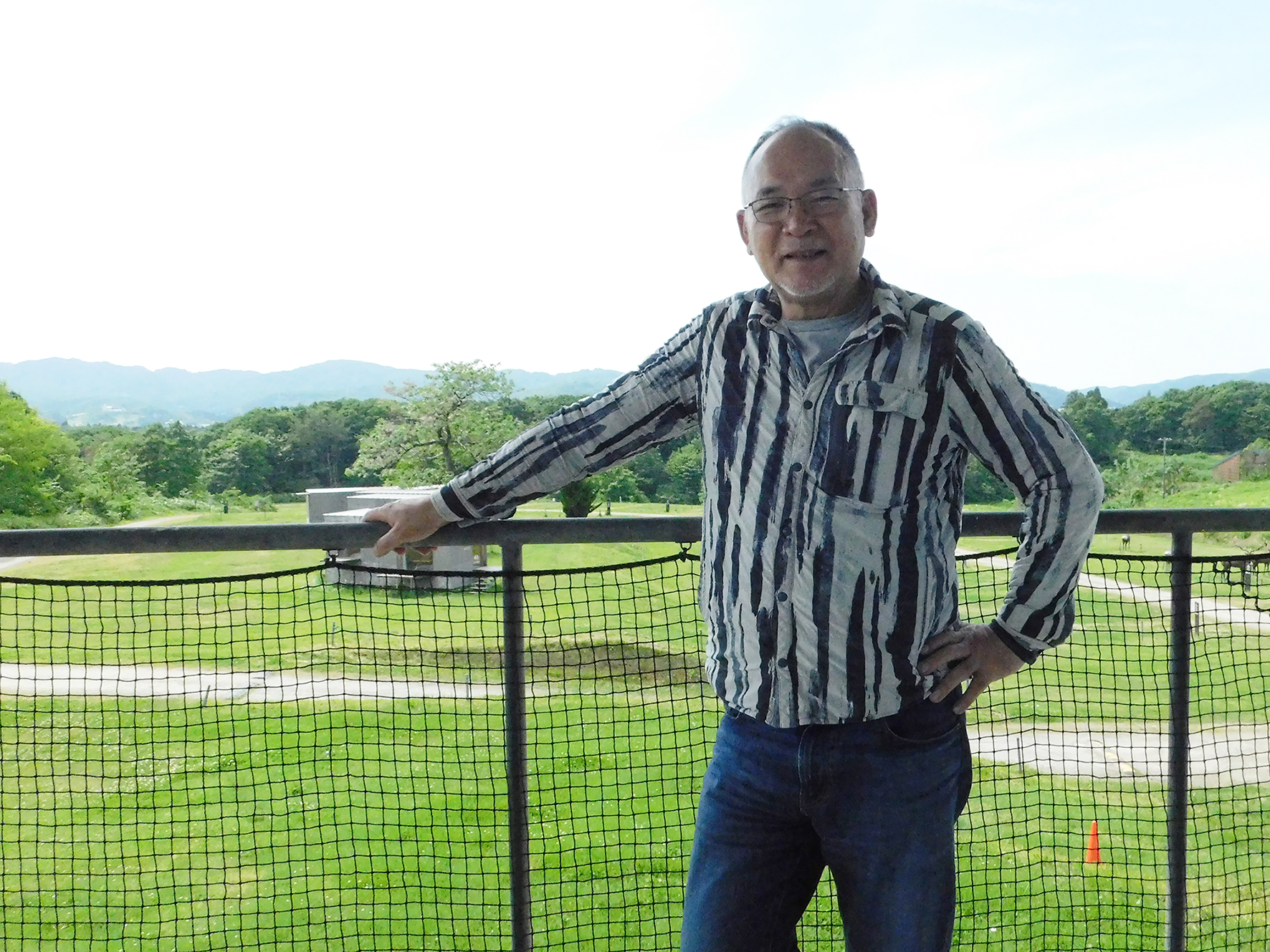
Snow Peak FIELD SUITE HAKUBA KITAONE KOGEN, which opened in July 2019, is now entering its seventh year. We asked President Tohru Yamai of Snow Peak about FIELD SUITE, which began with the encounter between a concept that he had been developing and the spectacular scenery of the Kitaone Kogen Highland.
I have read many of your books and I am wondering if there is anyone who camps as much as you do. How long have you been camping?
My children went camping when they were about six months old, but I made my debut late, at about three years old. My father was a rock climber, and I really wanted to go rock climbing since I was a little kid, but my father forbade me from doing so because he said, "With a personality like yours, you are not suited for it." Camping started as an alternative. I guess it was good in the sense that I could learn survival skills and such, but I was using tools that were difficult to handle or moldy, so it wasn’t comfortable or enjoyable, and I didn’t like the idea of camping at that time. Still, I think the reason I fell in love with camping was because I had a desire to make my own stylish and comfortable camping equipment when I grew up, and I wanted to make it my career someday.
Can you tell us about Snow Peak's concept, "Noasobi: The Art of Being Outside?”
“Noasobi: The Art of Being Outside.” This is the corporate message of Snow Peak. The key point is the use of the Japanese word Noasobi (= playing in the field) instead of ‘camping’ or 'glamping.’ Snow Peak is now expanding its business globally, and one of our strengths when going overseas is our Japanese culture. This culture is rooted in the emotional sensitivity of the Japanese people to nature—called Kachofugetsu—which has been embedded into daily life through the appreciation of natural transitions. Snow Peak products are often described as “beautiful” or having “a simple beauty,” and I believe that’s thanks to this cultural foundation. I believe Noasobi is a very important term that goes beyond the concepts of camping or glamping. Through Noasobi in nature, I hope we can foster deeper connections—between people and nature, and among people themselves—and encourage a richer way of living.
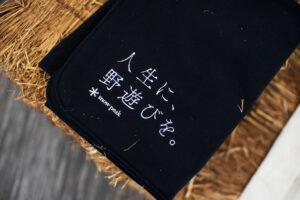
What were your first impressions when you arrived at the Hakuba Kitaone Kogen Highland?
My first visit to the Kitaone Kogen Highland was around October 20th, on a very clear and beautiful day. Before getting on the lift, I said, “I’ve seen nature all over the world, so I don’t get easily impressed.” But when I stepped off at the top, the view of the Hakuba Three Peaks in their autumn colors hit me hard—I couldn’t help but exclaim, “Wow!” The vision for the “Field Suite” was always to build it in a location with a breathtaking view, and I had decided from the beginning that I would only launch it once I found a place that truly felt like “this is the one.” I had toured several candidate sites, but the moment I set foot on Kitaone Kogen Highland I knew the Field Suite had to be here. I still remember turning to Mr. Kurata—then president of Happo-one Kaihatsu—and, filled with excitement, we said together, “Let’s do this—together!”
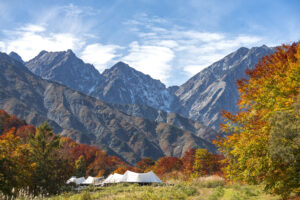
What kind of facility did you envision for the Field Suite?
The concept is a suite in nature that rivals a first-class hotel suite. Of course, the categories are different, so the style and characteristics naturally vary, but we aim to create an experience so moving that it reaches a level of emotion our guests have never felt before. And I believe the Kitaone Kogen Highland is an ideal setting for making that possible.
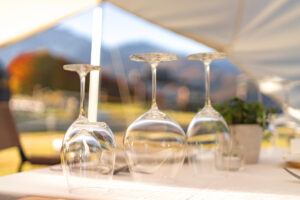
How would you define “glamping”?
I think the general definition and image of glamping is, simply put, glamorous camping. But I feel that the term “glamping” has been rather overused and cheapened. That’s something I was already aware of when I was first developing the Field Suite concept. I felt that if no one took on the challenge of offering genuine glamping, the market would end up full of facilities that are basically just rental auto-camps serving barbecued meals. True glamping is fundamentally different in terms of the experience it offers. It takes place in nature, it’s about how one spends their time, and it’s a kind of experience that can even change a person’s life. When elements like the local natural environment, food, and culture come together—distilled into something deeply resonant—they can interact like a medium, creating new value and transforming into a deeply moving experience. In that sense, I believe FIELD SUITE HAKUBA KITAONE KOGEN is the closest realization of my vision of what glamping should be. I think it’s the top facility in Japan where such new value is being created—and probably one of the few places in the world truly deserving of the word “glamping.”
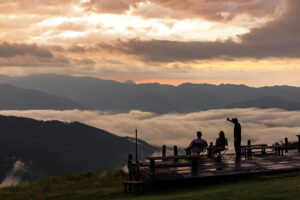
Niigata, where Snow Peak is based, and Nagano, home to FIELD SUITE HAKUBA, are both richly fertile regions. In recent years, the term “terroir” has come into use as well. Could you share your thoughts on regional revitalization in the context of these abundant lands?
At Snow Peak, we place great importance on the idea of the “local.” Wherever our facilities and staff are based—even overseas—we consider those places to be part of Snow Peak’s local community. Each of these regions is home to its own unique nature, ingredients, culture, and people. I believe that glamping is one of the most effective ways to bring out and elevate the unique value that each local area holds. FIELD SUITE HAKUBA KITAONE KOGEN is one such flagship project. I sincerely hope that, together with the many local partners in the region, you will continue to build rich and memorable experiences here in Hakuba—and take it even further.
Tohru Yamai / President, Snow Peak Inc.
Born in Sanjo City, Niigata Prefecture in 1959. After graduating from Meiji University, he worked for a foreign trading company before joining Yamakou, the predecessor to Snow Peak, in 1986. He began developing outdoor equipment and built the brand’s foundation in auto camping. He became president in 1996 and renamed the company Snow Peak. He has spent more than 2,000 nights camping.
